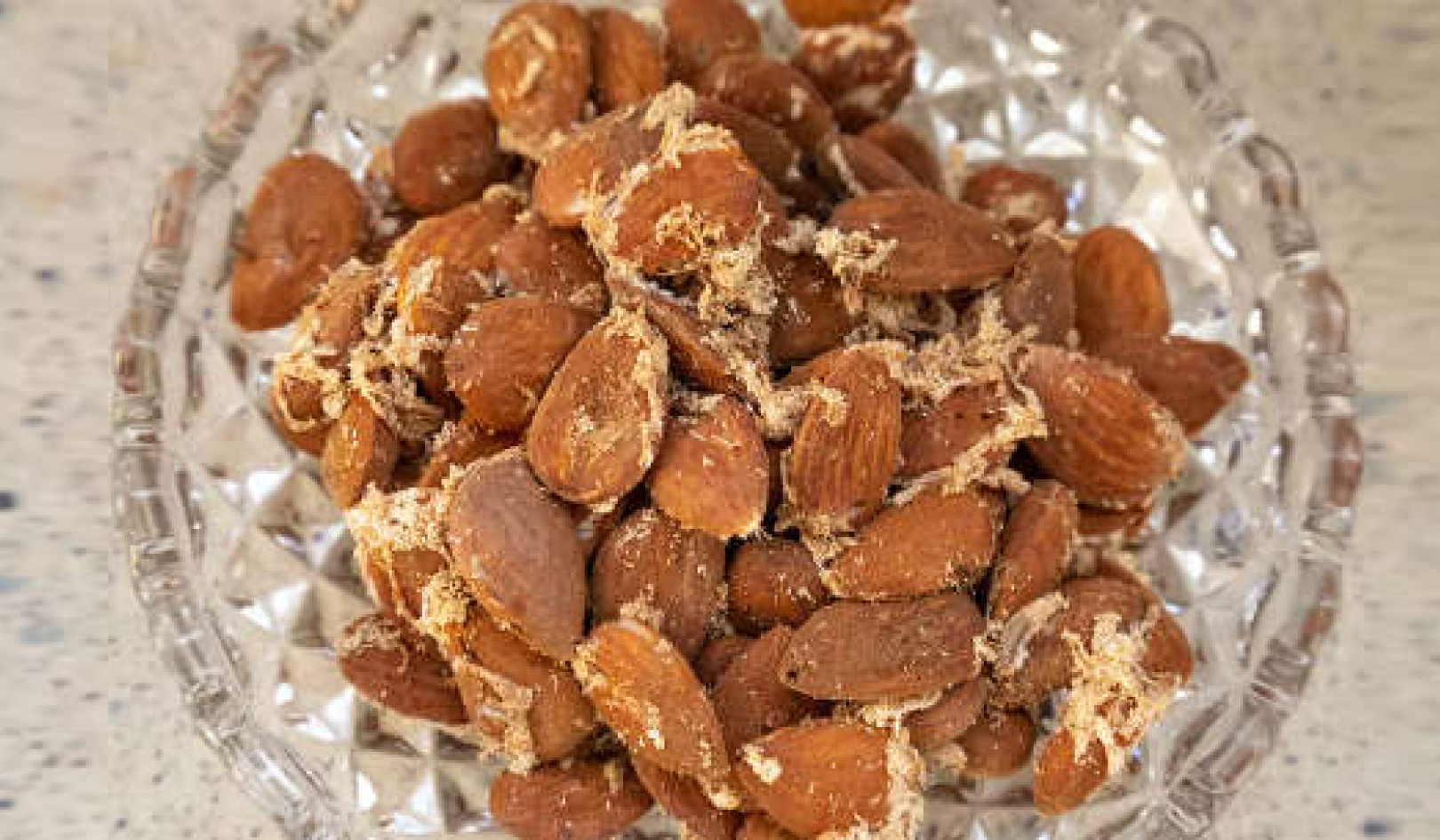
Eating habits in winter may be better for our metabolic health than eating habits in summer, at least if you’re a mouse, researchers report.
They examined the metabolism and weight of mice exposed to both “winter light” and “summer light.”
“We found that even in non-seasonal animals, differences in light hours between summer and winter do cause differences in energy metabolism. In this case, body weight, fat mass, and liver fat content,” says Lewin Small, who carried out the research while a postdoc at Novo Nordisk Foundation Center for Basic Metabolic Research at the University of Copenhagen.
“We found this mostly in mice exposed to winter light hours. These mice had less body weight gain and adiposity. They have more rhythmicity in the way they eat over a 24-hour period. And this then led to benefits in metabolic health.”
The study is the first of its kind to examine light hours’ influence on metabolism in mice, that are not considered seasonal animals as like humans they do not only breed in specific seasons. Animals breeding in specific seasons gain weight before the breeding season to save energy supplies.
The researchers’ inspiration for initiating the study stemmed from the significant variation in daylight hours across various regions of the world.
“We study the influence of the time-of-day on aspects of metabolism such as exercise, obesity, and diabetes. However, most studies that investigate this link do so assuming an equal length of day and night all year round,” Small says.
Therefore, they wanted to find out what the seasonal light differences meant for the metabolism. Most people in the world live with at least a two-hour difference in light between summer and winter.
“I come from Australia, and when I first moved to Denmark, I was not used to the huge difference in light between summer and winter and I was interested in how this might affect both circadian rhythms and metabolism,” Small says.
“Therefore, we exposed laboratory mice to different light hours representing different seasons and measured markers of metabolic health and the circadian rhythms of these animals.”
Because the research was conducted using mice as the experimental subjects, it is not possible to assume that the same thing goes for humans.
“This is a proof of principle. Do differences in light hours affect energy metabolism? Yes, it does. Further studies in humans may find that altering our exposure to artificial light at night or natural light exposure over the year could be used to improve our metabolic health,” says senior author Juleen Zierath, professor at the Novo Nordisk Center for Basic Metabolism Research (CBMR).
Small adds that the new knowledge is important to understand how eating patterns are affected by the light and seasons which might help us understand why some people gain more weight or if people gain more weight in a specific time of year.
“Differences in light between summer and winter could affect our hunger pathways and when we get hungry during the day,” he says.
The study appears in the journal Cell Metabolism.
Related Books:
The Body Keeps the Score: Brain Mind and Body in the Healing of Trauma
by Bessel van der Kolk
This book explores the connections between trauma and physical and mental health, offering insights and strategies for healing and recovery.
Click for more info or to order
Breath: The New Science of a Lost Art
by James Nestor
This book explores the science and practice of breathing, offering insights and techniques for improving physical and mental health.
Click for more info or to order
The Plant Paradox: The Hidden Dangers in "Healthy" Foods That Cause Disease and Weight Gain
by Steven R. Gundry
This book explores the links between diet, health, and disease, offering insights and strategies for improving overall health and wellness.
Click for more info or to order
The Immunity Code: The New Paradigm for Real Health and Radical Anti-Aging
by Joel Greene
This book offers a new perspective on health and immunity, drawing on principles of epigenetics and offering insights and strategies for optimizing health and aging.
Click for more info or to order
The Complete Guide to Fasting: Heal Your Body Through Intermittent, Alternate-Day, and Extended Fasting
by Dr. Jason Fung and Jimmy Moore
This book explores the science and practice of fasting offering insights and strategies for improving overall health and wellness.






















